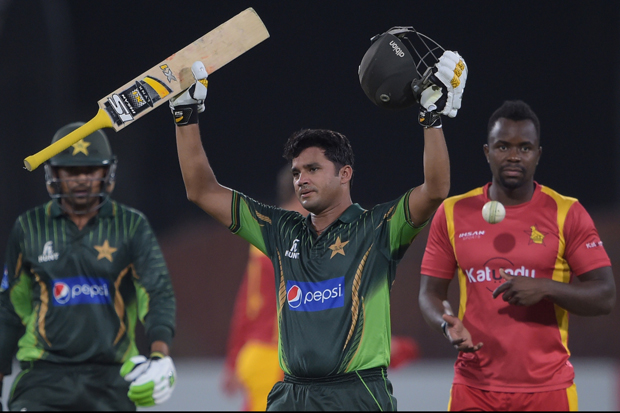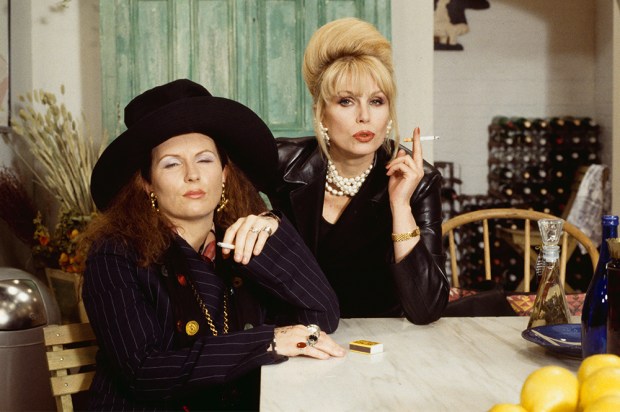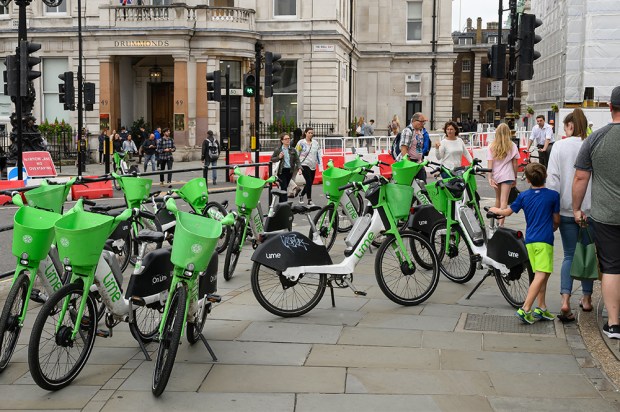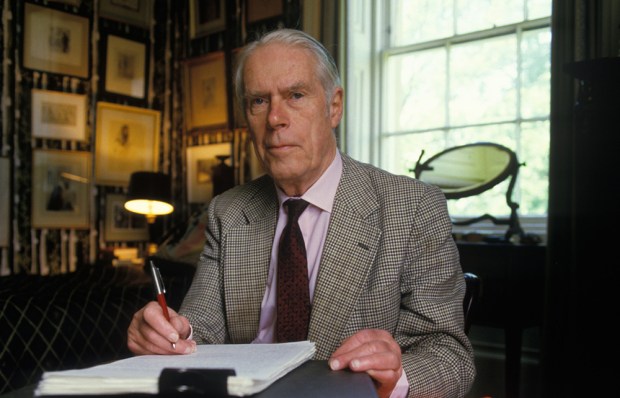For the first time since the terrorist attack on the Sri Lankan team six years ago, a Test match side has visited Pakistan. The Zimbabwe tourists, playing at the same Lahore stadium where the attack was mounted, were greeted with wild enthusiasm. Less well reported has been the fact that a team of English cricketers (including myself and Alex Massie of this parish) has been touring the Hindu Kush. We played in Chitral, Drosh, Ayun, Kalash and Booni. In these mountain areas many of our opponents were using pads, gloves and a hard ball for the first time. Still, we were overwhelmed, rarely losing by fewer than 200 runs in games which never exceeded 30 overs.
Our first match was at Langlands School, named after the legendary headmaster Major Geoffrey Langlands, who retired two years ago aged 94. Langlands, who took part in the Dieppe raid of 1942, has moved to Aitchison College, Lahore. Carey Schofield, a former foreign correspondent and Spectator contributor, is doing a remarkable job as the major’s replacement. Her school greeted us with a moving and generous reception before whacking us at cricket. Miss Schofield tells me she is crying out for funds, and Spectator readers with spare cash could do much worse than give some to Langlands school. Better still, they could go and see it for themselves. While in Chitral they can stay in Prince Siraj Ul-Mulk’s Hindu Kush Heights, one of the world’s great hotels.
At Mastooj fort in Upper Chitral mobile phones did not work. There was no internet, no Twitter, no social media. Everything worked better. We had time to look around us, to read books, to listen to the rush of mountain streams, to study the landscape, enjoy conversations, and wonder at the magnificent adventure that is life. In the evening we sat around a bonfire and looked at the stars.
On arrival back in Islamabad my Twitter feed started to work again. Nothing of any importance had happened in Britain. The Tories had announced yet another migration initiative. The contest for the leadership of the Labour party involves three tiresome former political researchers in their mid-forties. Labour does not have the slightest idea what it is for, and has no one of genuine gifts to lead it. Meanwhile David Cameron dominates the political landscape in the same way that Tony Blair did at the turn of the century. Given that Mr Cameron took over the Tory leadership in 2005 after three consecutive election defeats, with his party pretty widely written off, this is an awesome achievement.
Commentators are congratulating Liz Kendall, one of the Labour candidates, for ‘seizing the mantle of change’. This is a code word long favoured by modernisers. Insiders understand that it means leaving things just as they are apart from some public relations adjustments. Ed Miliband sought genuine social and economic transformation. The modernisers recognised this, labelled him an opponent of change, and destroyed him.
Appalling news emerges from New Delhi, which has suddenly withdrawn its application to be a world heritage city. This news is welcomed by developers desperate to destroy Edwin Lutyens’s bungalows and make giant profits by building high-rise blocks. Though not on the scale of the Isis destruction of the antiquities of Iraq and Syria, this is barbarism of a high order.
Charles Kennedy, whose geniality and quiet wisdom will be missed, was right about many things — in particular the invasion of Iraq. But history will conclude that he and his fellow Liberal Democrats made a fatal error when they threw their weight behind the European Union. The EU is an authoritarian, bureaucratic organisation which stands for everything liberals dislike. Had the Lib Dems become a Eurosceptic party they would not merely have stayed true to their principles. They would today be by far Britain’s largest political party.
On Monday night I spoke alongside John Redwood and the Ukip MEP Tim Aker at a Bruges group meeting in central London. Mr Aker was cheered when he argued that Nigel Farage must lead the ‘no’ campaign. This would be a disaster. It is true that Mr Farage has almost single-handedly reinvented British democracy. He secured 13 per cent of the vote at the general election, an amazing achievement. Almost all those voters are against Europe. The key task facing the ‘no’ campaign is to convince a further 37 per cent. Mr Farage puts many of those voters off. The ‘no’ campaign also needs several powerful women. At the moment it does not have any. Until this is remedied the ‘yes’ campaign is heading for a landslide victory.
Got something to add? Join the discussion and comment below.
Get 10 issues for just $10
Subscribe to The Spectator Australia today for the next 10 magazine issues, plus full online access, for just $10.
Peter Oborne is an associate editor of The Spectator.
You might disagree with half of it, but you’ll enjoy reading all of it. Try your first month for free, then just $2 a week for the remainder of your first year.














Comments
Don't miss out
Join the conversation with other Spectator Australia readers. Subscribe to leave a comment.
SUBSCRIBEAlready a subscriber? Log in